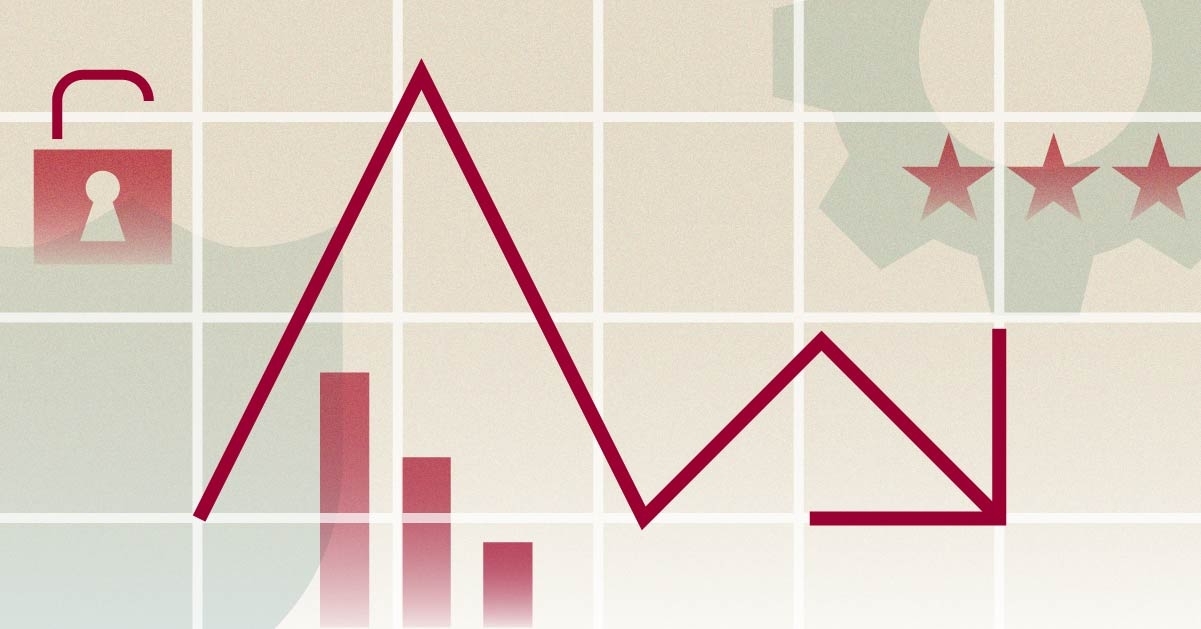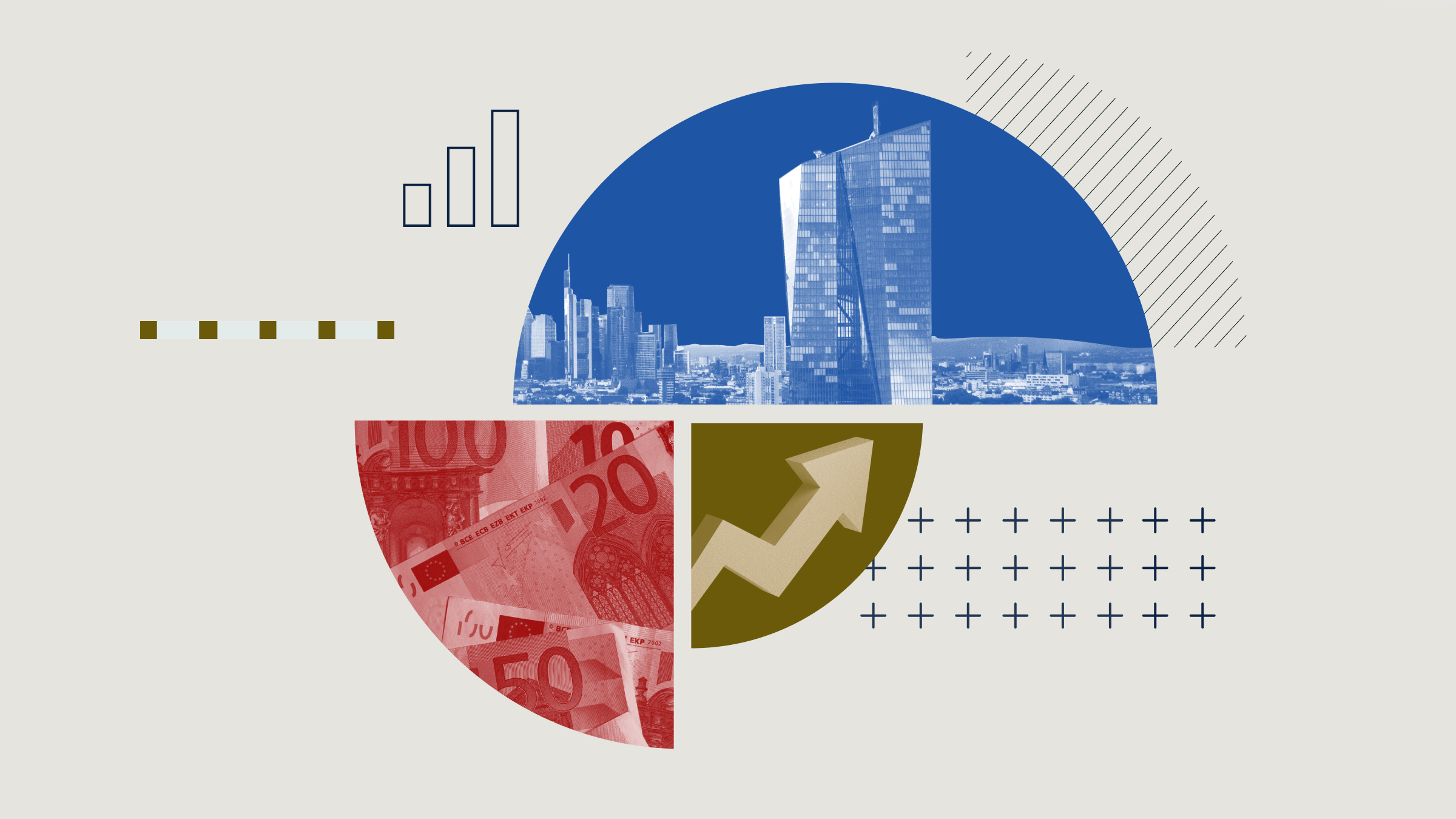Holly Black: Welcome to the Morningstar series, "Ask the Expert." I'm Holly Black. With me is Anna Sofat. She is a Financial Planner at Addidi Wealth.
Hello.
Anna Sofat: Hello, Holly.
Black: So, we're talking all things financial advice today. And I think something that might put a lot of people off is they don't really understand what's going to happen if they go to an advisor. So, can you just talk us through what happens at a session? Do I come to you? Do you come to me? What happens?
Sofat: So, let's talk through a client journey through Addidi, because every business will be slightly different. So, typically, we would have an initial phone call to understand what it is that you need, what is it that you want, and that we can actually deliver and also, the sort of concerns and queries you have. And if that's all fine, and you're happy with the level of fees we charge and the service we provide, then we usually have a face to face meeting lasting, I would say, an hour, an hour-and-a-half is at our expense. And that's time for us to get a little bit more under the skin of what your needs and wants are. So, often is the first time somebody has stepped back and taken time to really reflect on who and what matters to them, what are their priorities, not just around money, but in the lives and what idea looks like for them. Because if you don't know what your idea looks like, by default you're going to settle for a compromise.
Black: And at that point, you know, you've given up an hour-and-a-half of your time, are they locked it, because I think I would feel that I didn't ever get out at that point?
Sofat: No, no, there isn't a lock-in at any point, because at the end of the day, it's a collaborative relationship. And if it's not working, then the client is absolutely entitled to walk away and in whatever way that it hasn't worked. So, no, it's not with that, but it is coming to the meeting understanding what level of fees there are and some level of acceptance to actually they are okay, if you're happy with how Addidi works and everything. But the fee doesn't become an issue, if you like. So, it is about finding out about each other very, very much so…
Black: Having a date almost?
Sofat: It think it is actually because we work with clients long term, and actually, it is really important that we as an advisor, as a planner can understand you, and the sort of key drivers in your life. And you as a person can share and be open and actually get to a point where you do trust us. Because if you don't trust and that trust doesn't develop over time, the relationship is almost doomed to failure. Because whatever you do, the client will never be comfortable because there's no trust there. And for an advisor, that's very frustrating.
Black: And how long does it take you to come up with a plan for someone? At what point do they kind of know what they're doing?
Sofat: So, we have the first meeting. So, usually, either at the meeting or after that the client decides they want to go ahead or not. Assuming they do, we go through it sort of data collection. We might need to go back to them just to clarify everything. But if we've done – if we had a decent meeting, we should have much of what we need. And then, we basically take, I would say, between four to six weeks dependent of just how much sort of current financial arrangements they are, for us to do two things, to review what they have sort of good, bad, indifferent. So, we put together sort of a here and now document. And that provides a really good building block. I call it like the foundations really.
And then the second is a draft financial plan. And then, we go into the strategy piece, really, because those are the long-term goals that you have, medium, long-term goals in terms of what they are, what sort of asset base those goals are going to need, what do you have and then how do we think we might get there. Once that strategy is agreed, then comes any restructuring or new products or anything else that might be needed. So, up to this piece, actually up until the implementation stage, there are no financial products involved at all. And that's typically often when people think about financial advice, that's the piece they come to do. And they forget about all this sort of bit at the beginning which should go there.
Black: Well, thank you so much for your time.
Sofat: Thanks, Holly.
Black: And thanks for joining us.




























